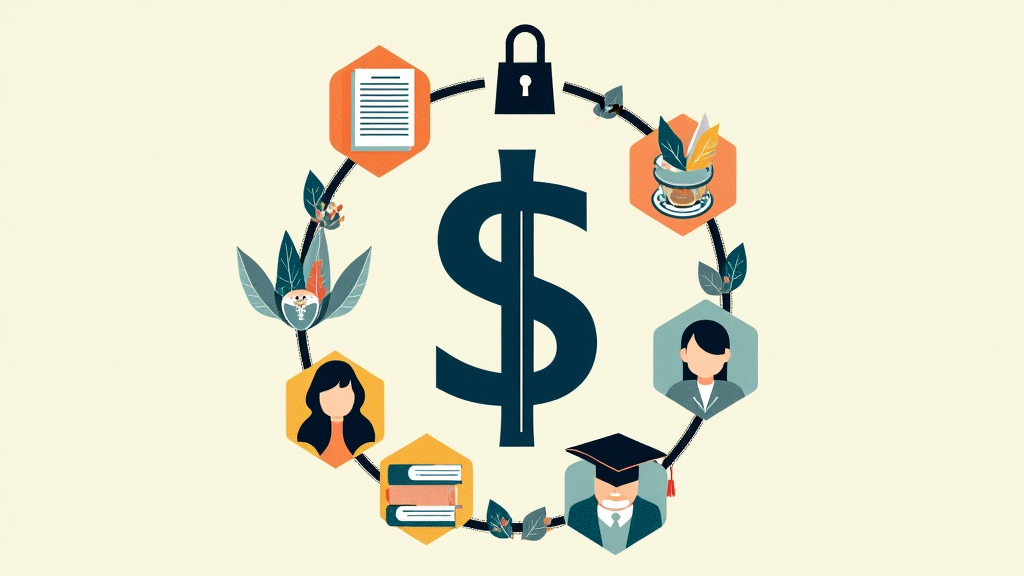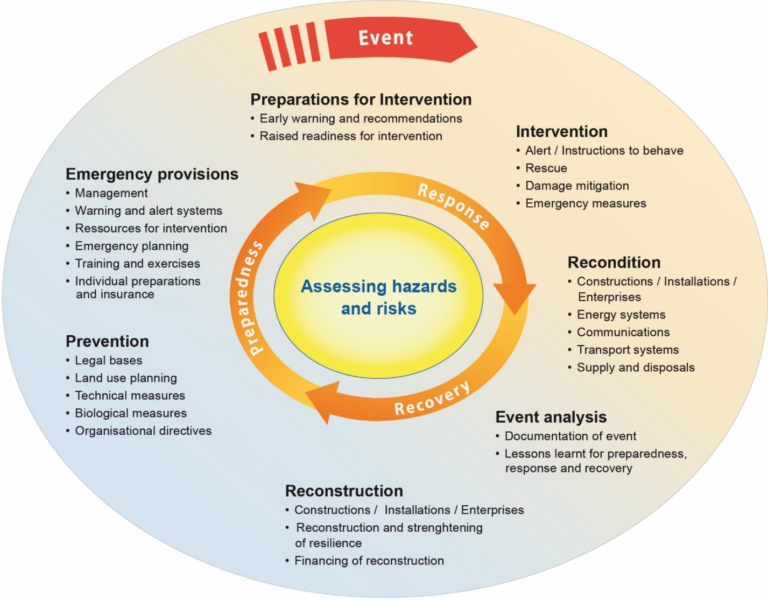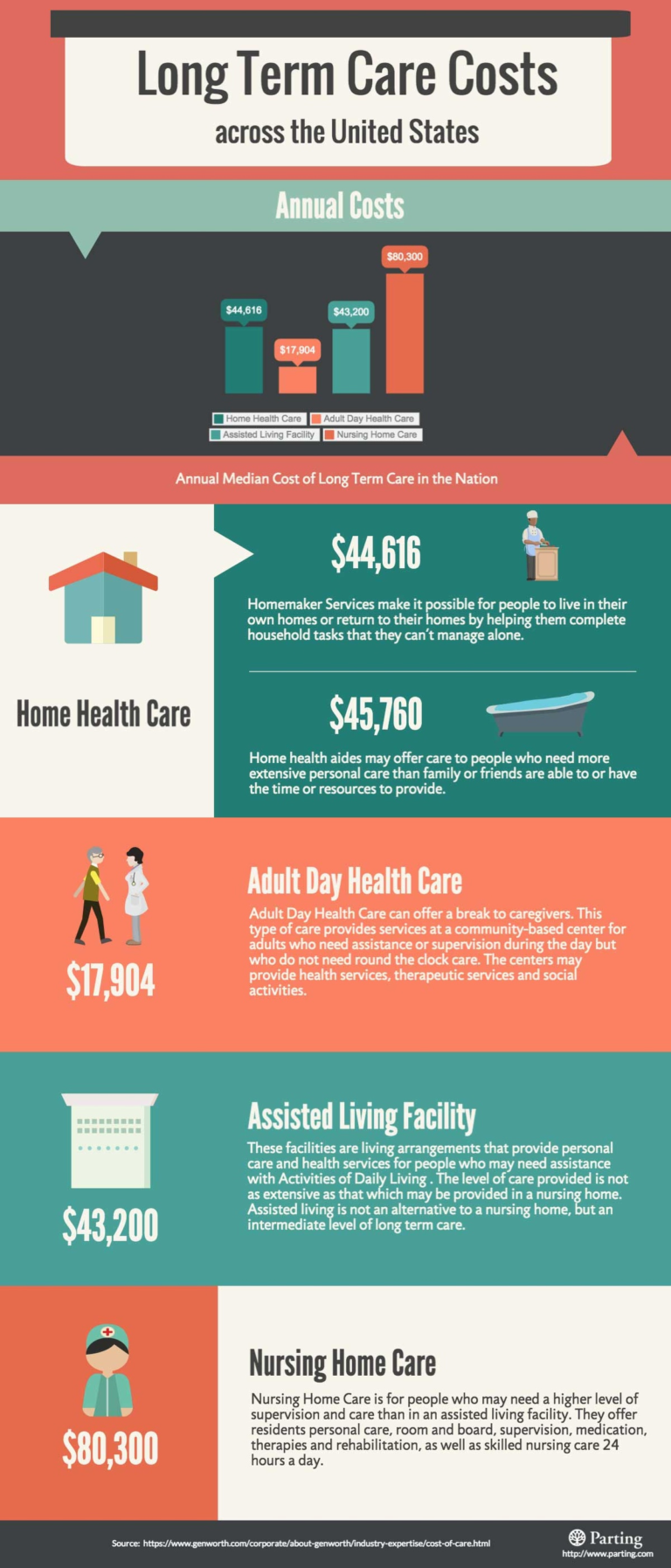Financial Abuse: Understanding Its Impact on Survivors
Financial abuse is a pervasive yet often overlooked aspect of domestic violence that can trap victims in a cycle of economic dependency. This form of abuse can manifest in various ways, such as limiting access to funds or concealing financial information, which leaves survivors vulnerable and powerless. According to NCADV statistics, a staggering 85% of women who escape abusive relationships return due to financial constraints, highlighting the critical need for financial empowerment. Survivors must understand how to navigate their financial landscape, including the importance of insurance for survivors, to regain autonomy and rebuild their lives. As discussions around domestic violence evolve, it is essential to address the financial implications and provide resources that support survivors in achieving long-term security.
The concept of economic control within abusive relationships is often referred to as financial manipulation or economic abuse. This insidious tactic, employed by abusers, aims to restrict a partner’s financial independence and thus their ability to leave the relationship. The impact of such economic dependency can be devastating, as many survivors find themselves unable to provide for their families, which can perpetuate the cycle of violence. Understanding the dynamics of financial exploitation is crucial for those seeking to break free from abusive situations. Initiatives that promote financial literacy and economic stability are vital in empowering victims to reclaim their lives and foster resilience against future abuse.
Understanding Financial Abuse in Domestic Violence
Financial abuse is often an insidious yet prevalent form of control exercised by abusers in domestic violence situations. It encompasses various tactics, such as restricting access to money, hiding financial information, and limiting the victim’s ability to work. This form of abuse can create a cycle of economic dependency, where the victim feels trapped due to a lack of financial resources. Understanding the dynamics of financial abuse is crucial for victims, as recognizing these behaviors is the first step toward regaining independence and seeking help.
The statistics surrounding financial abuse are alarming, with research indicating that it occurs in a staggering 99 percent of domestic violence cases. Victims often feel powerless to leave their abuser due to concerns about their financial stability and ability to care for themselves and their children. This highlights the importance of awareness around financial abuse and the need for resources that educate victims on their rights and available financial support. Knowledge can empower survivors to break free from the cycle of abuse and navigate their path to recovery.
The Role of Insurance in Financial Security for Survivors
Insurance plays a crucial role in providing financial security for survivors of domestic violence. Many individuals underestimate the importance of having appropriate insurance coverage, especially when transitioning out of an abusive environment. Having health, auto, and homeowners insurance can offer a safety net, allowing survivors to focus on rebuilding their lives without the added stress of unexpected financial burdens. Proper insurance can help cover medical expenses, facilitate transportation, and provide security for personal belongings, contributing to the overall well-being of the survivor.
Furthermore, survivors need to understand how to navigate their insurance options effectively. This includes reviewing existing policies, making necessary adjustments, and ensuring they are not financially tied to their abuser. Organizations like The Allstate Foundation provide resources and education to help survivors comprehend how insurance works, enabling them to make informed decisions that support their journey towards financial independence. Empowering survivors with knowledge about their insurance options is a critical step in their recovery process.
Empowering Survivors Through Financial Education
Financial education is essential for survivors as it equips them with the skills and knowledge necessary to regain control of their finances. Programs like the Moving Ahead Curriculum offered by The Allstate Foundation focus on teaching survivors about financial fundamentals, credit basics, and long-term financial planning. By understanding these concepts, victims can create a solid financial foundation that enables them to secure their future and avoid returning to abusive situations due to economic dependency.
Additionally, financial empowerment helps break the cycle of abuse by fostering independence. Survivors who are knowledgeable about budgeting, saving, and investing are better positioned to make decisions that align with their needs and aspirations. This education not only impacts their current financial situation but also instills a sense of confidence that can transform their lives. As Ruth Glenn emphasized, education can save a life, and providing survivors with the tools to manage their financial health is a powerful step towards achieving freedom from abuse.
Economic Dependency and Its Impact on Leaving Abusive Relationships
Economic dependency is a significant barrier that prevents many survivors from leaving abusive relationships. The National Coalition Against Domestic Violence (NCADV) reports that an overwhelming 85 percent of women who leave an abusive partner return due to financial insecurity. This dependency can lead to feelings of helplessness and entrapment, making it essential to address the economic factors that contribute to the cycle of violence. Understanding the relationship between financial stability and the ability to escape abusive situations is critical for advocates and support programs.
Addressing economic dependency requires a multifaceted approach, including access to education, job training, and financial resources. Survivors need to be informed about their rights and available support services that can help them achieve financial independence. By providing comprehensive support that addresses both immediate safety needs and long-term economic empowerment, we can help survivors break free from the constraints of financial control and build a future free of violence.
Digital Abuse: A Growing Concern for Survivors
Digital abuse has emerged as a significant concern in the context of domestic violence, where abusers use technology as a means of control. This can include monitoring a victim’s online activities, accessing their social media accounts, and even tracking their location through various apps. These tactics not only invade privacy but can also exacerbate financial abuse by limiting a survivor’s ability to seek help or maintain financial independence. Understanding the scope of digital abuse is crucial for survivors, as it highlights the need for strategies to protect their digital footprint.
To combat digital abuse, survivors must be educated on how to secure their online presence and maintain privacy. This includes changing passwords, using secure communication methods, and being aware of the potential for surveillance through technology. By empowering survivors with digital literacy and security measures, they can reclaim control over their online lives, which is an integral aspect of their overall financial safety and independence. Awareness and education are key components in dismantling the control exerted by abusers through digital means.
The Importance of Financial Safety Nets for Survivors
Establishing a financial safety net is essential for survivors of domestic violence as they navigate the challenges of leaving an abusive relationship. This safety net can include savings, emergency funds, and access to financial resources that provide a buffer during times of transition. By building a financial cushion, survivors can reduce the stress and anxiety associated with financial instability and focus on their recovery and rebuilding efforts. Financial safety nets empower survivors to make choices that prioritize their well-being.
In addition to personal savings, community resources and support programs can play a vital role in helping survivors establish financial safety nets. Organizations that offer financial assistance, job training, and counseling can be invaluable in providing the necessary support to help survivors regain their footing. By collaborating with local agencies and utilizing available resources, survivors can create a more secure financial future and reduce the likelihood of returning to abusive situations due to economic dependency.
Creating Long-Term Financial Plans for Survivors
Long-term financial planning is a critical aspect of recovery for survivors of domestic violence. After escaping an abusive relationship, individuals need to consider their future financial needs, including housing, education, and retirement planning. Developing a comprehensive financial plan that outlines goals and strategies can provide survivors with a sense of direction and purpose as they rebuild their lives. This proactive approach to financial management can instill confidence and a sense of empowerment.
Moreover, seeking assistance from financial advisors or organizations that specialize in supporting survivors can enhance the planning process. These professionals can provide tailored advice that addresses the unique challenges faced by survivors, ensuring that their plans are realistic and attainable. By prioritizing long-term financial stability, survivors can break free from the cycle of dependence and build a life that is not only safe but also fulfilling.
National Statistics on Domestic Violence and Financial Abuse
Understanding the national statistics surrounding domestic violence and financial abuse is vital for raising awareness and fostering change. According to the NCADV, approximately 10 million individuals experience physical abuse from an intimate partner each year. This staggering number underscores the urgency of addressing the issue of domestic violence and the various forms it takes, including financial abuse. By disseminating these statistics, advocates can highlight the prevalence of these issues and the need for comprehensive support systems.
Additionally, the statistics reveal the interconnectedness of economic dependency and the cycle of abuse. With 85 percent of women returning to their abuser due to financial insecurity, it is evident that addressing financial abuse must be a priority in the fight against domestic violence. By focusing on prevention and providing resources that empower survivors economically, we can work towards reducing these alarming statistics and fostering a society where individuals can live free from violence.
Advocating for Financial Empowerment in Domestic Violence Awareness
Advocating for financial empowerment is crucial in the context of Domestic Violence Awareness Month and beyond. Initiatives that promote financial literacy among survivors can serve as a powerful tool in breaking the cycle of abuse. As awareness grows, it is essential for communities to support programs that provide education on financial management, budgeting, and the importance of insurance. Empowering survivors through knowledge equips them with the skills needed to regain control over their finances and make informed decisions.
Furthermore, advocacy efforts should aim to raise awareness about the specific challenges faced by survivors of financial abuse. By highlighting the unique experiences of these individuals, we can foster a more empathetic understanding of their struggles. Collaborating with local organizations, sponsors, and stakeholders can create a robust network of support that not only educates survivors but also advocates for policy changes that promote economic independence and protect individuals from future financial exploitation.
Frequently Asked Questions
What is financial abuse in the context of domestic violence?
Financial abuse is a form of domestic violence where an abuser manipulates or controls a victim’s financial resources. This can include limiting access to money, hiding financial information, or exploiting the victim’s financial dependency. Understanding financial abuse is crucial for survivors seeking to regain financial independence.
How common is financial abuse among domestic violence cases?
Research indicates that financial abuse occurs in 99 percent of domestic violence cases. It is often a tactic used by abusers to maintain power and control over their partners, making it vital for survivors to recognize these behaviors and seek help.
What role does insurance play for survivors of financial abuse?
Insurance is an essential component of financial planning for survivors of financial abuse. It can provide security and access to resources that help victims move forward after leaving an abusive relationship, ultimately contributing to their financial empowerment.
How can financial empowerment help survivors of financial abuse?
Financial empowerment equips survivors with the knowledge and tools necessary to achieve economic independence. Programs like the Moving Ahead Curriculum teach survivors about financial fundamentals, credit management, and long-term planning, which are crucial for overcoming the effects of financial abuse.
What are some common tactics used in financial abuse?
Common tactics of financial abuse include controlling access to money, hiding financial information, ruining a victim’s credit, and creating economic dependency. These tactics can severely limit a victim’s ability to achieve financial security and independence.
How can survivors protect themselves financially before leaving an abusive relationship?
Survivors can protect themselves by securing financial records, understanding their financial situation, building a financial safety net, and making necessary changes to their insurance policies. These steps are crucial for establishing financial security when leaving an abusive relationship.
What statistics exist regarding economic dependency and domestic violence?
According to the National Coalition Against Domestic Violence (NCADV), 85 percent of women who leave an abusive relationship return due to economic dependence on their abuser. This highlights the importance of addressing financial abuse and promoting financial independence for survivors.
What resources are available for survivors dealing with financial abuse?
Resources like The Allstate Foundation’s Moving Ahead Curriculum provide survivors with education on understanding financial abuse, mastering credit basics, and building long-term financial plans. These programs are designed to empower survivors and help them regain control over their financial futures.
How does financial abuse relate to overall domestic violence statistics?
Financial abuse is prevalent in domestic violence situations, with 99 percent of such cases involving some form of financial control or exploitation. This underscores the need for comprehensive support for survivors, emphasizing the importance of financial literacy and resources.
What challenges do survivors face due to financial abuse?
Survivors of financial abuse often struggle with economic dependency, which can compel them to stay with their abuser or return after leaving. The inability to support themselves financially can trap victims in a cycle of abuse, making it crucial to address financial empowerment and education.
| Key Point | Details |
|---|---|
| Understanding Financial Abuse | Financial abuse is a tactic used by abusers to gain control, limiting victims’ access to finances and information. |
| Impact of Financial Abuse | It occurs in 99% of domestic violence cases, often forcing victims to stay or return due to economic dependence. |
| Importance of Insurance | Insurance plays a crucial role in financial planning for survivors, aiding in their transition to financial independence. |
| The Allstate Foundation’s Role | Offers financial education programs to empower survivors, helping them build a secure financial future. |
| Statistics on Domestic Violence | 10 million people are abused annually; 85% of women who leave an abuser return due to financial dependency. |
Summary
Financial abuse is a pervasive issue that underscores the complexities of domestic violence, often trapping victims in a cycle of dependency and control. Understanding financial abuse is critical for victims seeking to escape abusive relationships, as it involves manipulation of financial resources that can hinder their independence. By raising awareness and providing educational resources, organizations like The Allstate Foundation are paving the way for survivors to reclaim their financial autonomy. Ultimately, addressing financial abuse is essential for empowering victims and fostering their transition to a safe and self-sufficient life.







